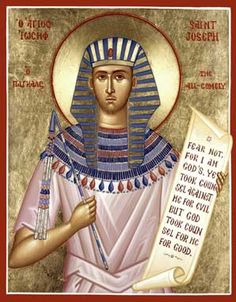Advent 4 - Here at the Precipice

Introduction: Let it be with me according to your word We’re almost there. Here on this 4 th week of Advent we stand on the very precipice of the changing seasons, from fall to winter, Advent to Christmas, 2020 to 2021. On Wednesday we watched as Manitoba front-line workers received the first dose of the new Covid-19 vaccine and felt, for perhaps the first time since March, that there just might be an end to this time of pandemic after all. The time we are in is pregnant with anticipation, so it is fitting that our gospel reading today should rest on the story of Mary and the pregnancy that would forever change the world. The Annunciation by Henry Ossawa Tanner, 1898 At the beginning of Advent, I pointed us to our end, to death, and here at the end, I point to our beginning. We stand with our neighbours, with our city,...

